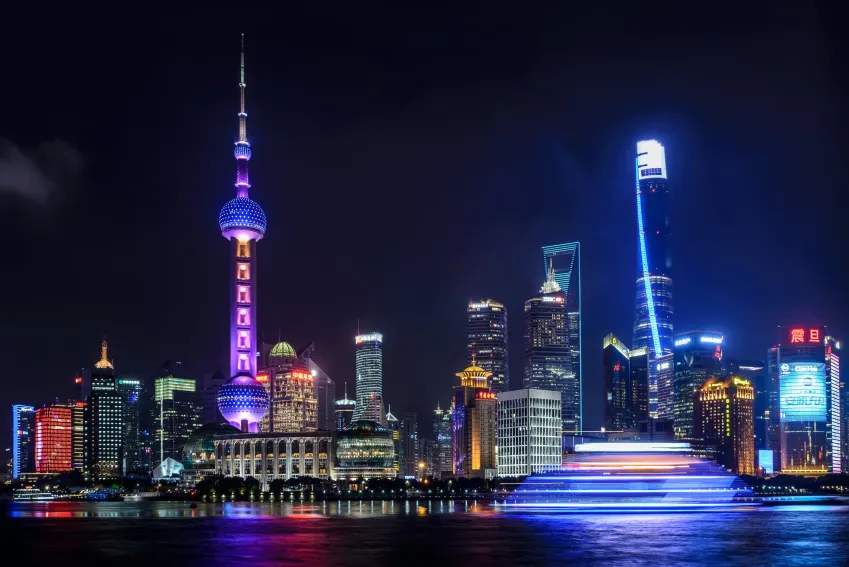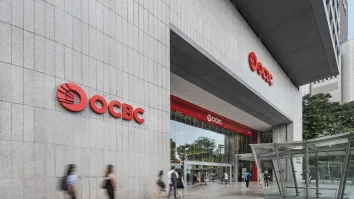
China's MSE loan programme to strain banks' profitability
The banking system is expected to extend $420b in new loans to micro and small businesses.
The Chinese banking system is expected to extend $420b (RMB2.9t) in new loans to micro and small enterprises (MSEs) in 2020, or 40% higher than last year, on the back of the government’s aggressive plan to support small firms, according to a report by S&P Global Ratings. These are ‘breathtaking’ numbers, the report said, and it is expected to strain the profitability of lenders.
"We view MSE lending as policy-led with the larger, state-controlled banks doing most of the work," said S&P Global Ratings credit analyst Robert Xu.
The National People's Congress (NPC) in late May set a goal of creating 9 million new jobs in China in 2020, targeting an unemployment rate of 6%. MSEs contribute a much higher portion of economic growth compared with the credit they receive from the country's banking system.
Authorities want China's big five banks—Industrial and Commercial Bank of China, China Construction Bank, Agricultural Bank of China, Bank of China, and Bank of Communications—to increase their MSE lending 40% this year. The moves are aimed at alleviating MSEs' funding and liquidity strains, and at stabilizing the unemployment rate.
However, MSE lending has thin margins, noted S&P. These could easily turn negative if low-cost funding evaporated, or loans soured at a faster rate than lenders expected.
S&P estimates that the sector return on risk-weighted assets for new MSE lending to be about 44 basis points (bps).
With lending rates on the decline, banks will find it increasingly difficult to stay profitable, noted analyst Xu.
Further, S&P believes that using simple loan growth targets to solve an MSE funding shortage may not be sustainable and could create systemic risk. MSEs are usually regarded as high risk given their small size and greater chance of failure, and their lack of high-quality collateral.
There are also risks specific to Chinese MSEs, such as a basic economic system that favors large, state-owned firms; industrial development that is skewed toward infrastructure—leading to rising rent and staff costs for small firms; lack of direct financing channels; and entrepreneurs' short-term tendencies.
"Looser lending terms may help some viable MSEs stay afloat. However, such practices may also prop up defunct entities with little prospect of viability, inviting moral hazard along the way. As seen in many spheres, China is making tradeoffs to support the economy in COVID's aftermath," said S&P Global Ratings credit analyst Harry Hu.



















 Advertise
Advertise













